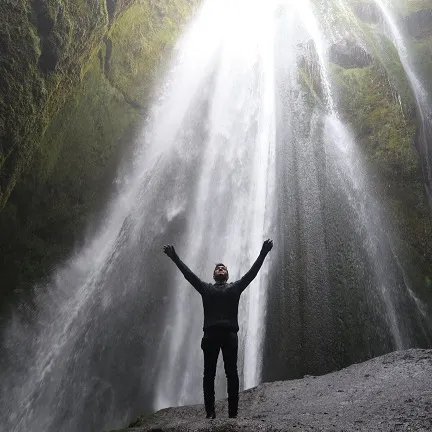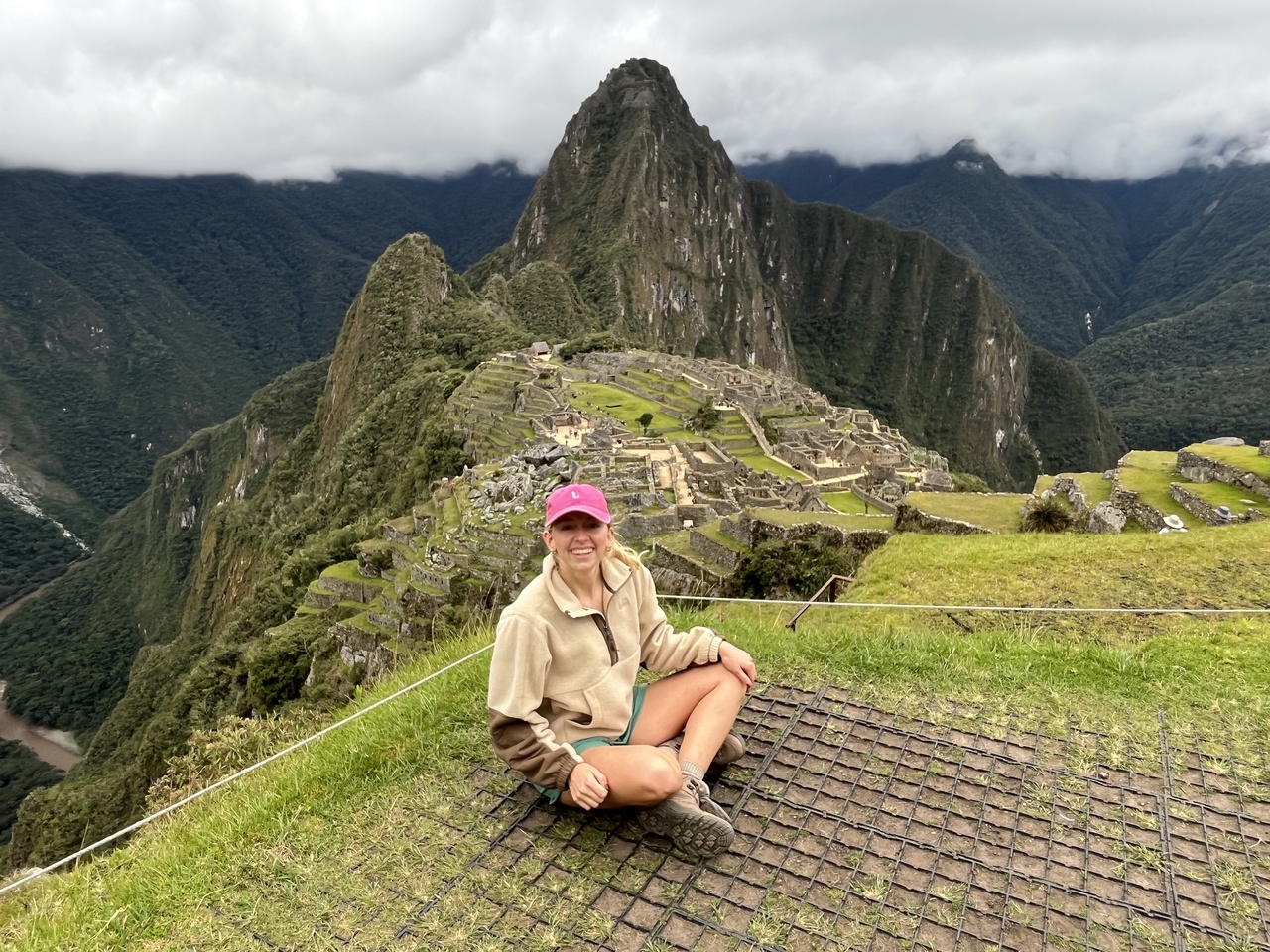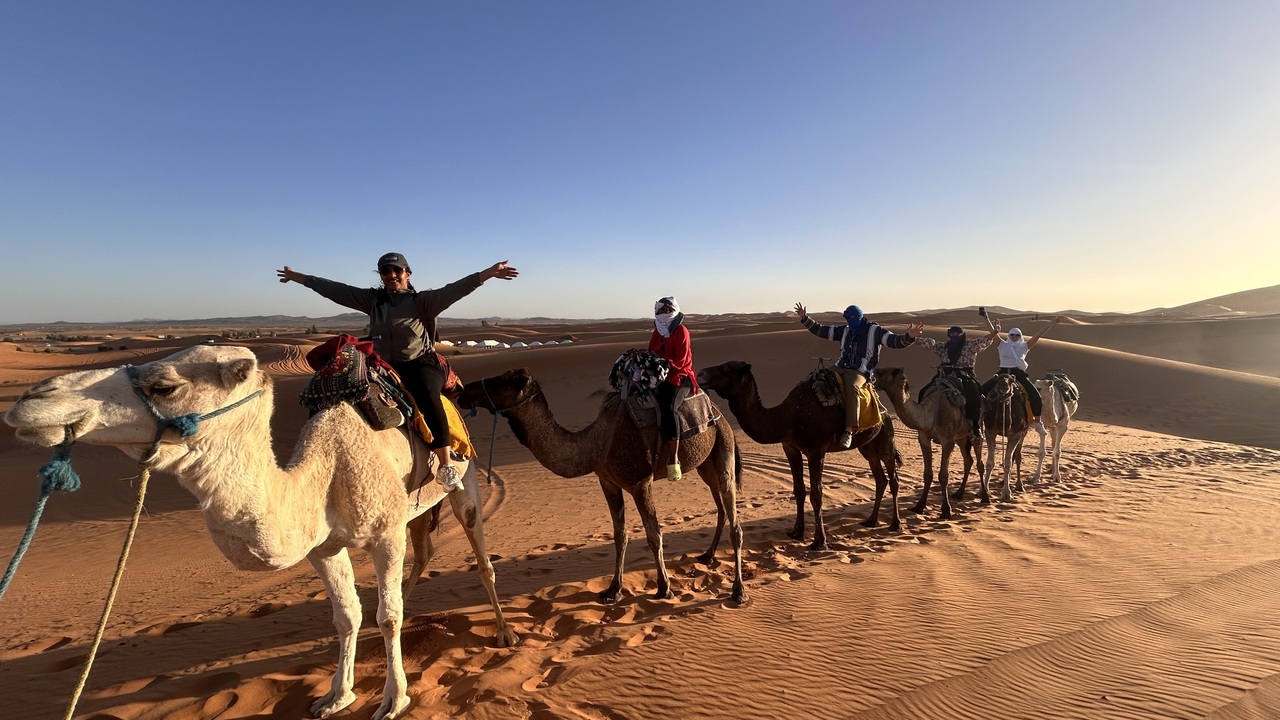Over the past several years, as awareness about animal welfare has grown, public opinion began to change regarding the use of elephants in tourism. Gone are the days when tourists could feed elephants on the city streets of Chiang Mai and Bangkok. More and more elephant centers are no longer training elephants to perform tricks at shows. Rarely will you see elephant centers allowing tourists to ride elephants. Nowadays, elephant centers are adapting their models to be more ethically responsible, and Under30Experiences is doing our part to educate travelers about this important animal welfare issue on our Thailand Trip.
Elephants in Thai Culture
Elephants are the national animal of Thailand, representing strength, loyalty, and longevity. Throughout history, elephants have been a part of Thai society and Thai culture. Domesticated elephants we trained and used as weapons of war during the early days of the Siamese Kingdom. The more elephants a king had, then the more status and power he enjoyed. As the country established itself in the early 19th century, elephants played a major role in the agriculture and logging industry. Elephants were even used to assist in the construction of temples.
The elephant has special spiritual significance with its association with Buddhist beliefs. In Buddhist legend, it is believed that Queen Maya (mother of the Buddha) was only able to conceive after having a dream that a white elephant entered inside her. This is why the white elephant is seen as highly auspicious and enjoys royal status in Thailand. Many Thais believe, for example, that walking under an elephant will bring luck.
Domestic elephants are often owned by families and are passed down from one generation to another. It is common for these families to rely heavily on the income generated from these elephants. In 1989, when commercial logging was banned, domestic elephants entered Thailand’s booming tourism industry with elephant shows, elephant riding, and, unfortunately, illegal elephant trafficking.
Elephant conservation in Thailand
While in the early 20th century, there were thought to be around 300,000 wild elephants in the forests of Thailand and 100,000 captive or domesticated, those numbers have dropped dramatically. It is now thought that around 6,000 elephants remain in Thailand, with 50% of those being wild. The fact is, there is not enough "wild land" in Southeast Asia for big herds of elephants to roam freely. However, there are still wild elephants that exist and can be seen. Khao Yao National Park is one of these places.

Nowadays, the best way to see an elephant and to help support elephant conservation is to visit, volunteer, or donate to an animal sanctuary. Visiting an animal sanctuary while on vacation has been a hot topic for several years now, but the good news is, Thailand’s tourism operators are adapting from the old ways of tourism to the new age by ensuring animals are treated fairly.

Photo Credit: Allison Mattioli
Our partnership with The Chang Chiangmai Elephant Sanctuary
Under30Experiences has been bringing our groups to this establishment since 2018. Previously they were known as Thai Elephant Care Center, but they recently switched names to The Chang Chiang Mai (Chang is Thai for elephant). The Chang Chiang Mai is a subsidiary of Mae Sa Elephant Camp.
In the past, the Mae Sa Elephant camp ran classic elephant tourism operations: elephant rides, elephant shows, elephants painting pictures, feeding, and bathing/swimming with the elephants. This camp was one of the most popular and largest in the Chiang Mai area. As the elephants grew old and could not be a part of the shows anymore, the Thai Elephant Care Center was created to take in the elderly elephants. In simple terms, think of a retirement home for elephants. Visitors could come and spend time with the elephants but were not allowed to ride them. Minimal chains were used on the elephants to control them as leashes. Vets were on site at all times to monitor the animal's health, and visitors assisted the vets in making healthy snacks for the animals. Visitors were able to feed, bathe, and walk with the elephants. This was the start of the new tourism that had more of an ethical approach.

This approach to their care for elephants is why we first reached out to Chang Chiangmai about bringing our groups there. Myself, Under30Experiences Regional Manager, U30X Guides, and Trip Leaders visited the center before bringing groups and spoke with the staff and management of the center. We were impressed with the activities and the style of caring for the elephants. The center's management and staff were transparent about the policies of the center, even explaining why animals are still chained up at certain times of the day. To this day, elephants are still chained up due to safety issues: it's a small camp, there is minimal staff to observe all animals, and certain animals do not always get along with one another. The Chang Chiang Mai's team continuously works to improve their center and their approach to taking care of the animals, which is one aspect that Under30Experiences appreciates.
If you are interested in supporting elephant conservation and looking to immerse yourself in Thailand’s amazing culture, then we invite you to join us on our 10-day Thailand Experience. Not only will you have the opportunity to interact with elephants, but you will also climb waterfalls, visit extraordinary temples, and island hop in southern Thailand.
More articles about sustainable tourism from Under30Experiences:
- Best Ethical Locations to Visit Elephants
- How We Support Sustainable Tourism in Costa Rica
- Sustainability and Local Culture in Cambodia




.avif)


























